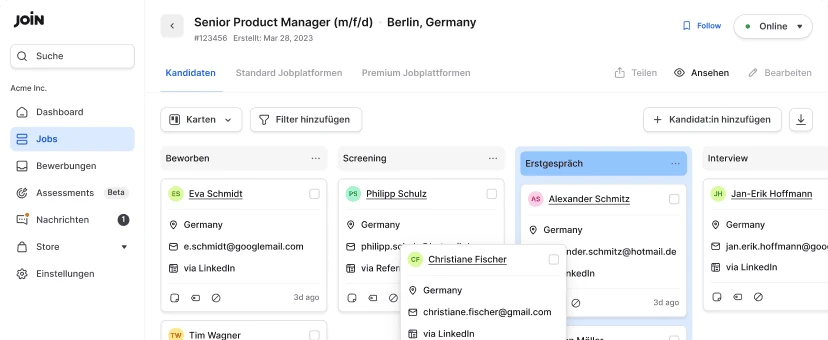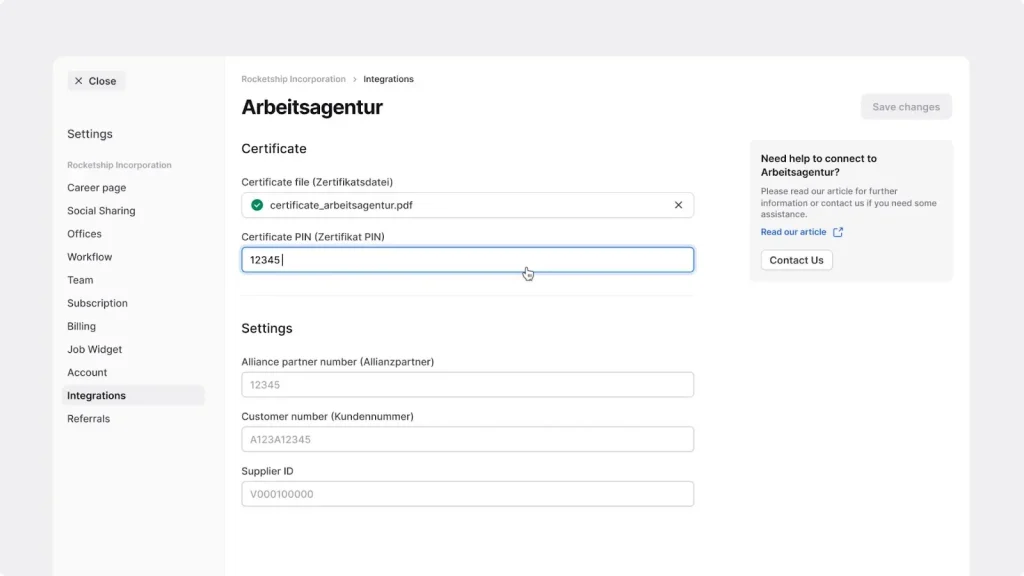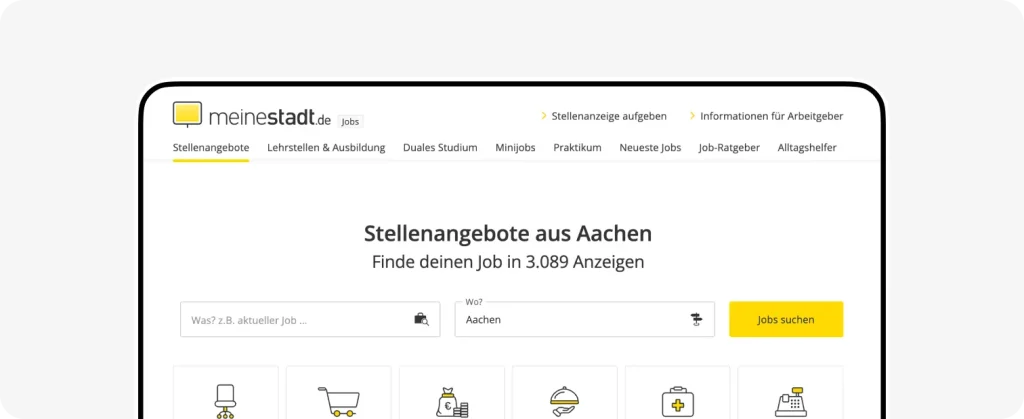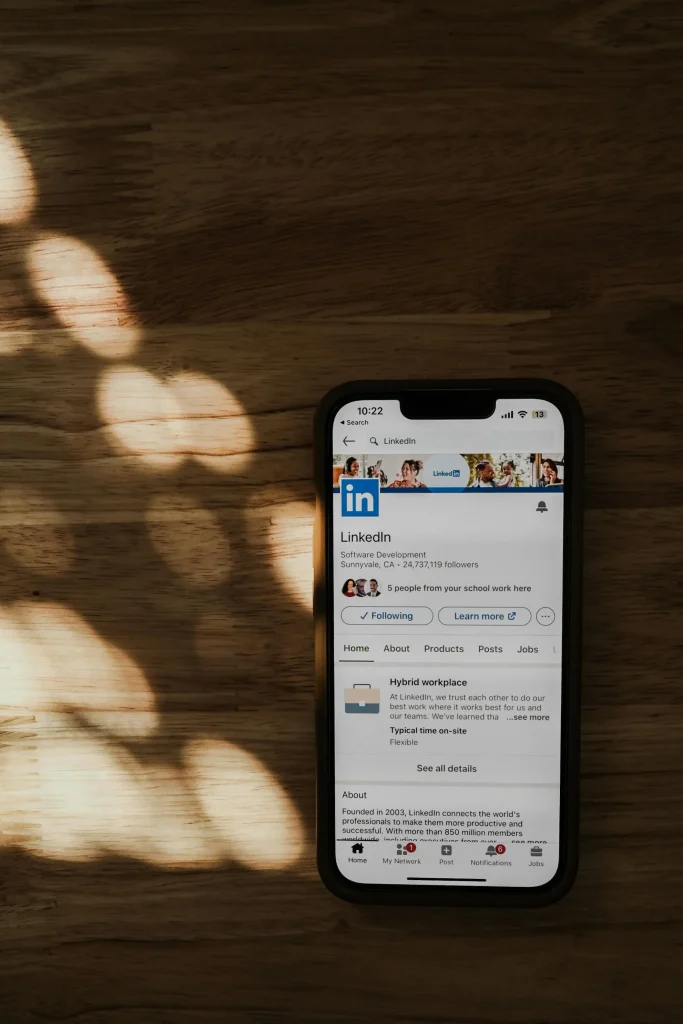Best interview questions for your hiring process
Warehouse Manager Interview questions
Warehouse Managers are the difference between organisation and chaos when it comes to your warehouse or storage base. They have the leadership skills, organisation ability, and problem-solving knowledge needed to keep your warehouse running to maximum efficiency.
The best skills to look for in a Warehouse Manager are as follows:
• Experience leading and guiding a warehouse team.
• Ability to communicate essential information between relevant stakeholders.
• Strong knowledge of warehouse safety procedures, including that of equipment or tools.
• Ability to use computer software to manage a team and warehouse timetables.
• Ability to set and track ambitious targets.
Interviewing a Warehouse Manager
As a warehouse is the home hub of a company’s inventory, the role of a Warehouse Manager plays a strong role in a customer’s experience. With the right Warehouse Manager, the quality of your stock and efficiency of delivery times will exceed targets and continue to grow.
The best way to find a Warehouse Manager who can help to achieve this is to tailor your interview process to find these facts. To help with this goal, we’ve put together a guide for Warehouse Manager interview questions which will aim to do just that!
Please note:
We’re aiming to help you decide early in the interview process whether your candidate has what it takes to move to the later stages. Meaning, the interview questions found here are kept quite general. As the process moves on, more detailed questions may be needed.
How to open the job interview
For the best overview of a candidate’s cultural fit and specific skill set, they need to be comfortable opening up during the interview. So, it is in your best interests to put them at ease during the starting moments.
A simple way to do this is to ease naturally into the interview with a couple of starting questions. This means asking one or two easy positive questions, which are well worth the time in the long run!
Best interview questions for your hiring process
See our Warehouse Manager job description hereFor the interview
A positive opener to start
How did you start your career in Warehouse Management?
What do you like most about managing a warehouse team?
Behavioral Questions
Tell me about a time you gave a direction or set a strategy you’re proud of?
Tell me about a time an unexpected problem occurred within your warehouse. How did you overcome this and what did you learn?
Warehouses are fast-moving workspaces where problems can crop up rapidly. Knowing your candidate has dealt with this before, kept their cool and utilised their leadership to navigate out of a problem is critical. As a bonus, they should put new processes in place to avoid repeats of the problem.
Are there any leadership styles, information sources or competitors that inspire you? If so, please give an example.
The best kind of leader is always learning. If a candidate reads, listens to or watches any resources that help them to improve their own performance, this is a huge bonus when hiring a manager.
Can you give me an example of a time when you made a change to your workplace that had excellent results?
This gives you an idea of the changes a candidate can make in your business, while also giving you an insight into the potential hire’s confidence.
Can you give an example of a change you made that didn’t go to plan?
Not every decision will be perfect. Knowing your candidate can acknowledge mistakes and put motions into place to rectify them is important.
Soft Skills
When working on a larger project with multiple stakeholders, how do you streamline communication and avoid confusion?
Warehouse Managers will often be a point of contact for multiple stakeholders, knowing they have the communication skills needed to keep these individuals in the loop is important. It is also essential that they can organise their communication in a way that is easy to understand and manage.
Are you comfortable explaining technical safety procedures and processes to new hires?
Warehouse Managers will often be tasked with training new employees. One of the most important points here is that all safety procedures are covered, so knowing your candidate has the people skills and communication skills needed to do this is critical.
What skills do you have which make you the ideal Warehouse Manager?
Here your candidate will get to brag about the skills they feel are their strongest. Soft or hard skills can be mentioned here!
How much experience do you have with working with other roles such as Logistics Managers, Inventory Planners or Warehouse Managers?
While independent working is a solid part of a Warehouse Manager’s role, there may be other stakeholders involved in their day to day business. Knowing they can manage communication with these departments, as well as knowing which departments they are used to working with will help you better assess their compatibility with the role.
Hard Skills
Have you ever received formal management training? If so, what was it and what did you learn?
Not all managers will have received formal training, however, it is good to know if this is something your candidate has under their belt.
What sized team have you got experience with managing?
This will give you an idea of the candidate’s management experience and how it fits with your business.
Have you had any formal warehouse safety training? If so, what was it?
Safety is paramount in a warehouse setting. Knowing that your potential Warehouse Manager is trained and experienced in this area is critical.
Which types of cargo have you dealt with in your previous warehouse positions?
If your company deals with unique, dangerous or extremely valuable goods, it is good to know whether your candidate has experience with these or will need to be onboarded in this area.
Which people management and communication software do you have experience with?
Again, this question will give you an idea of a candidate’s onboarding needs.
Operational / Situational Questions
Imagine you notice a colleague completing a process in an unsafe way. What would your next steps be?
Safety is a priority. You are looking for a candidate who can work efficiently to rectify this situation, contact should be made as soon as possible to minimise the hazard risk and the correct process should be explained. Regular check-ins should occur with the colleague, to ensure the right changes are maintained.
Imagine you receive a complaint about a team member’s behaviour, from one of their colleagues. What would your process be?
Managers often have the task of managing conflict between team members. The complaint should be considered, and depending on the severity may need to be reported to relevant departments. In less severe cases, a meeting should be held with the team member in question. Usually, a case should be handled with confidentiality.
Can you tell me how you would handle a severe delay in a shipment delivery?
Sometimes, things just don’t go to play. Your candidate needs to be able to use their expert knowledge to lessen the impact of the delay and update all timelines and stakeholders on the new delivery times.
Tell me how you would deal with being involved in a minor accident in the warehouse.
Accidents can happen, regardless of the best planning and procedures. Your candidate needs to be able to take quick steps to minimise any damage, inform relevant stakeholders such as insurance and emergency services and properly document the accident. Procedures should also be put into place to stop the accident from reoccurring.
Tell me how you would reward a team member for exceptional work.
In warehouses, targets are often used as a way to increase productivity. Knowing your Warehouse Manager can reward their team and keep morale high is important.

Start hiring and prepare your interview
All platforms are available for you to promote your job through JOIN.
Create job ad for free


This gives you an idea of a candidate’s leadership style. They should be able to mention a time they helped guide a team to streamline a process or meet a target.